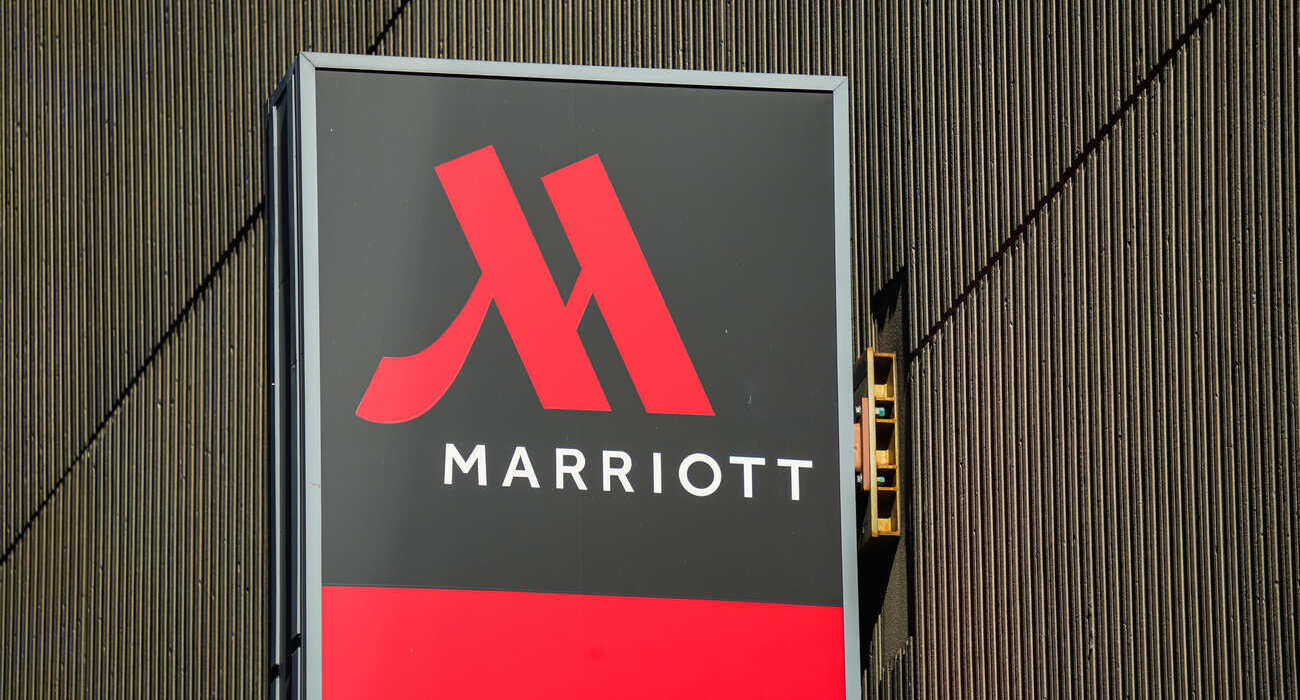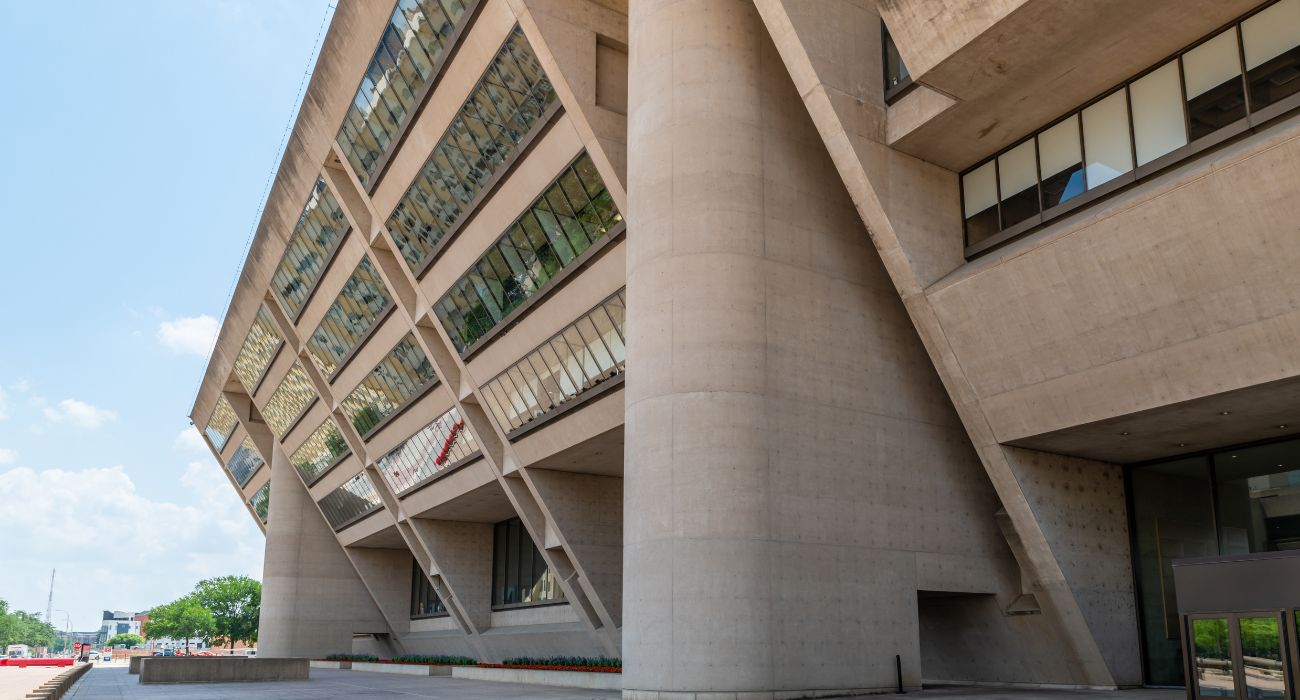Hotel giant Marriott International is in a seemingly awkward position amid recent municipal efforts to restrict short-term rentals in North Texas, considering that it manages over 270 in the Dallas-Fort Worth area.
Despite being a vocal opponent of short-term rentals (STRs) — defined as lodging for fewer than 30 days — the hotel brand represents roughly 9% of the STR market in the metroplex, according to The Dallas Morning News.
About 160 of Marriott’s STR properties are operated in Dallas, where local authorities have taken measures to proscribe STRs in residential neighborhoods. As recently reported by The Dallas Express, a new ordinance will effectively ban the vast majority of STRs since most are currently situated in such areas.
The City Council’s decision to move against STRs came amid many Dallas residents complaining about the nuisances allegedly associated with them, including parties, shootings, and drug use, as covered by The Dallas Express.
Still, there has also been a lot of pushback from local STR operators, who claim the upcoming ban in Dallas is antibusiness and infringes on owners’ rights. For instance, Dallas Short-Term Rental Alliance might pursue legal action against the City, as suggested on its website.
Meanwhile, Airbnb — the leading STR platform in the country — has spoken out against the ordinance and would not explicitly state whether it would actually comply, according to DMN.
Fort Worth has taken similar steps to restrict STR operations within its city limits and now faces a lawsuit filed by a collective of STR owners. Still, other cities in the region have already adopted similar ordinances, and more are expected to follow suit.
While Marriott did not comment on whether it supports the City of Dallas’ ordinance restricting STRs, it released a statement saying that it was “working with property managers with homes in Dallas listed on [its] platform [Homes & Villas] to ensure their inventory remains compliant with local regulations pertaining to short term rentals,” according to DMN.
Marriott’s stance on STRs has historically been to oppose them.
When Airbnb began gaining traction in 2016, hotel companies, including Marriott, lobbied against STRs through the American Hotel and Lodging Association.
Yet as it sought stringent regulations that would place STRs on par with hotels, Marriott looked to join the market and did so in 2019 with its Homes & Villas platform.
Even though Dallas’ ban might affect some of Marriott’s Homes & Villas business, it would represent a very small loss in its overall revenue, at least according to Makarand Mody, an associate professor at Boston University’s School of Hospitality Administration.
“It would be kind of weird for them to now create a fuss,” Mody told DMN. “I think they just keep their mouth shut and see how it impacts inventory.”






